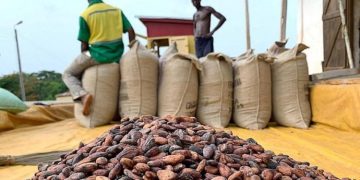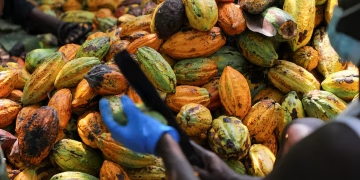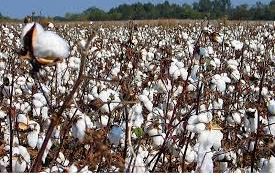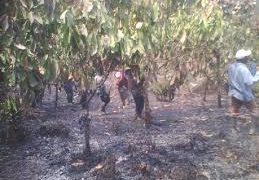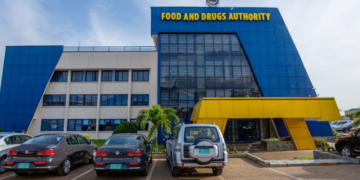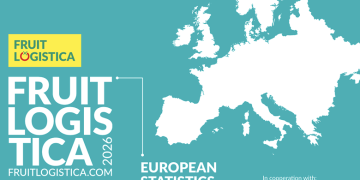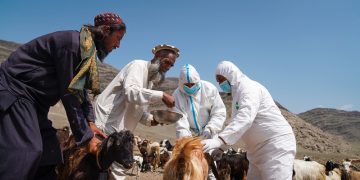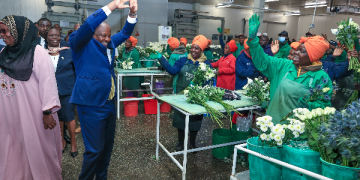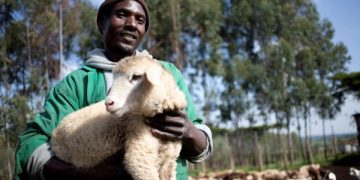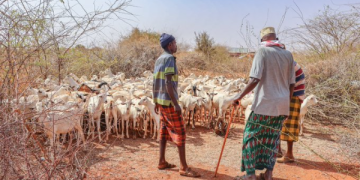Cashew farmers in Bono Region are calling for an annual fixed producer price for raw cashew nuts (RCNs), saying the current system of setting only a minimum price leaves them vulnerable to price manipulation by aggregators.
Farmers argue that a fixed price similar to the pricing model used in the cocoa sector would stabilise incomes and reduce what they describe as opportunistic underpricing which prevents producers from earning fair returns.
Each year ahead of the harvest, the Tree Crops Development Authority (TCDA) – the industry regulator – announces a minimum producer price that buyers are required to follow. However, farmers contend that aggregators frequently offer prices far below the benchmark, especially during periods of abundant supply.
The call for pricing reform was made during a training session for leaders of cashew farmer cooperatives under the ‘Amplifying the Voices of Cashew Farmers’ project implemented by Cashew Watch Ghana.
The programme, held at Sampa in the Jaman North district, focused on strengthening advocacy, leadership and negotiation skills to help cooperatives influence sector policies and value-chain governance.
Chairman-Bono Cashew Farmers Cooperative Daniel Munufie said a fixed price would help farmers plan their operations and improve income certainty as global demand for RCNs grows.
“For the 2024/2025 season, minimum price was set at GH¢15 per kilogramme – but some aggregators managed to push the price down to as low as GH¢5/kg, citing unjustified reasons,” he said.
Mr. Munufie also raised concerns over weighing-scale manipulation in local RCNs trading, alleging that many aggregators adjust their scales to shortchange farmers. This practice, he noted, is especially common among itinerant buyers who move from farm to farm purchasing nuts at the farm gate.
Although the law restricts RCNs aggregation to licenced firms, farmers say unregistered buyers continue to dominate parts of the market – contributing to scale manipulation and income losses. He added that this situation has encouraged the theft of nuts in some communities, with stolen produce allegedly sold to unlicenced aggregators for quick returns.
He called on the TCDA to intensify enforcement, clamp down on illegal aggregators and ensure the use of standardised, certified weighing scales to protect farmers and restore confidence in the domestic trading system.
Speaking at the training session, the Bono Regional Director of the Department of Cooperatives, Francisca Adorkor-Khein, urged leaders of the cashew farmers’ cooperatives to position themselves as dependable representatives who can effectively engage both key institutions and their members.
She said cooperative leaders must demonstrate strong communication skills, encourage participatory decision-making, uphold trust and integrity and promote mutual benefit across their groups. She added that they should make themselves available to collaborate on initiatives such as training programmes, market-access interventions and advocacy efforts aimed at strengthening the cashew sector.
The National Coordinator of Cashew Watch Ghana, Raphael Godlove Ahenu, said strengthening the leadership capacity of cashew farmers is critical to improving producer livelihoods. He noted that farmers continue to grapple with volatile prices, limited access to market information and weak bargaining power, making targetted training essential to help them advocate more effectively for sector reforms.














